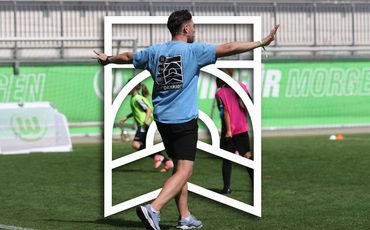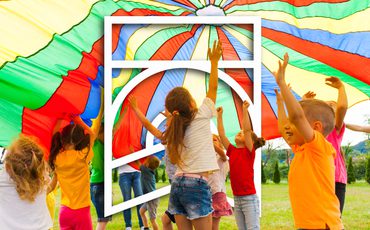The Role of the Young Athlete in Talent Development
We often explore the roles of coaches, support staff, and families in Talent Development Environments (TDEs), but it’s essential to remember that the young athlete is not a passive participant in this process. In fact, research shows that the athlete’s own mindset, behaviours, and skills are central to their development journey.
Talent Development Starts from Within
Talent development isn’t something that happens to young athletes—it’s something they actively participate in. Two key areas shape their contribution:
- Psychological Skills for Development
- Empowerment and Ownership of Their Journey
1. Psychological Skills for Development
Success in talent development is closely linked to a set of psychological skills that help athletes cope with challenges and make the most of the support around them. These include:
- Focus and Commitment: The ability to stay dedicated and consistent in training and competition.
- Self-Awareness: Understanding one’s strengths and areas for improvement, and being open to feedback.
- Goal Setting: Creating clear, achievable goals that guide progress and maintain motivation.
- Coping Skills: Managing the emotional highs and lows of sport, including setbacks, pressure, and failure.
The good news? These skills can be taught and developed. More and more TDEs are now investing in psychological support to help athletes build these essential tools.
2. Empowering Athletes to Take Ownership
Beyond skill development, it’s vital that young athletes are empowered to take charge of their own progression and wellbeing. Unfortunately, many TDEs still operate in a top-down manner, where athletes are told what to do without being invited to share their views.
This needs to change. According to Article 12 of the UN Convention on the Rights of the Child, young people have the right to express their views and have them taken seriously. One helpful framework for achieving this is the Lundy Model (2009), which outlines four steps to amplify athlete voice:
- Space – Create a safe, inclusive environment where athletes feel comfortable sharing their thoughts.
- Voice – Encourage and support athletes in expressing their views.
- Audience – Ensure someone is actively listening to what they say.
- Influence – Act on their input to shape decisions and practices within the TDE.
Conclusion
Talent development is a collaborative process. While coaches, families, and support staff play vital roles, the young athlete must be at the centre—equipped with the right psychological tools and empowered to take ownership of their journey. When athletes are active participants in their development, the outcomes are not only more effective but also more meaningful.
Let’s work together to build environments where young athletes thrive—on their terms.
Watch the full video below
Comments
Related Pages


